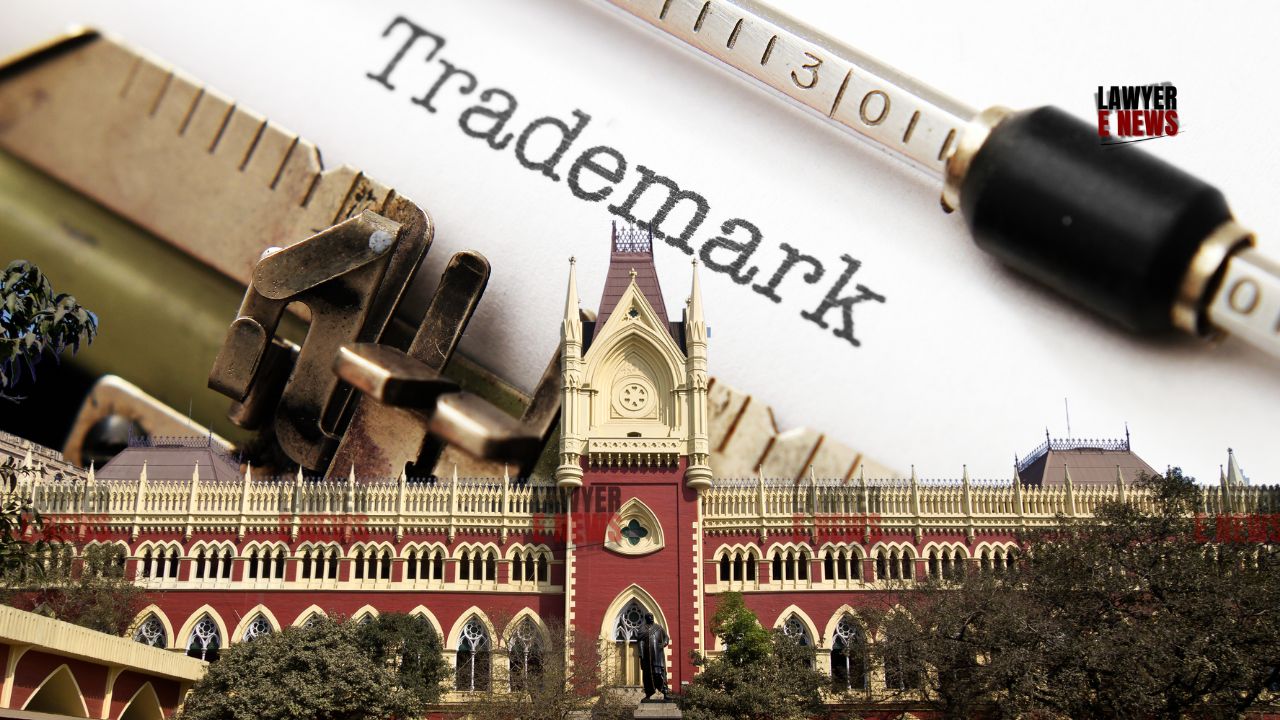-
by Admin
15 February 2026 5:01 PM



The High Court of Calcutta has set aside orders passed by Associate Managers of Trade Marks, ruling that they lacked jurisdiction to issue such orders. The judgment, delivered by Justice Krishna Rao, focused on whether Associate Managers, appointed on a contractual basis, were authorized to perform quasi-judicial functions under the Trade Marks Act, 1999. The court remanded the matters back to the Registrar, Trade Marks, for fresh adjudication by a competent officer.
The appeals before the High Court involved Visa International Ltd. And Garden Silk Mills Private Limited, challenging orders passed by Associate Managers of Trade Marks. The appellants contended that the Associate Managers, who issued the orders beyond their contractual terms and without proper authorization, were not competent to pass such quasi-judicial orders.
Justice Rao scrutinized the appointments of Associate Managers Shraman Chattopadhyay and Saurabh Dubey. The court noted that Chattopadhyay’s contract had expired on March 31, 2023, while the impugned orders were passed on September 16, 2023. Similarly, Dubey, although appointed on June 14, 2023, lacked the necessary authorization to pass quasi-judicial orders. The court emphasized that under the Trade Marks Act, 1999, only officers specifically authorized by the Registrar could perform such functions.
Justice Rao referenced Section 3(2) of the Trade Marks Act, which stipulates that officers appointed to discharge functions of the Registrar must be authorized by the Registrar and must perform these functions independently. The court concluded that Associate Managers, appointed on a contractual basis and without explicit authorization, could not exercise quasi-judicial powers. The judgment highlighted that the Act requires quasi-judicial functions to be carried out independently and not under the superintendence or direction of any other person, including the Registrar.
“The contractual period of Mr. Shraman Chattopadhyay was only up to 31st March, 2023, but the impugned order was passed on 16th September, 2023 i.e., beyond the period of his appointment and thus the order cannot sustain and liable to be set aside,” noted Justice Rao. He further stated, “The Registrar dealing with an application under the Trade Marks Act is a quasi-judicial authority, and delegation of power under sub-section (2) of Section 3 is an administrative power. Therefore, the Associate Managers appointed under this provision are not empowered to pass quasi-judicial orders.”
The High Court’s decision underscores the necessity for proper authorization and jurisdiction in performing quasi-judicial functions under the Trade Marks Act, 1999. By setting aside the orders passed by Associate Managers, the judgment reaffirms the legal framework ensuring that only duly authorized officers can exercise such powers. This ruling is expected to impact the procedural conduct within the Trade Marks Registry, reinforcing the importance of adhering to statutory requirements for quasi-judicial proceedings.
Date of Decision: August 2, 2024
Visa International Ltd. Vs. Visa International Service Association & Anr. And Garden Silk Mills Private Limited vs. Rajesh Mallick & Ors.
